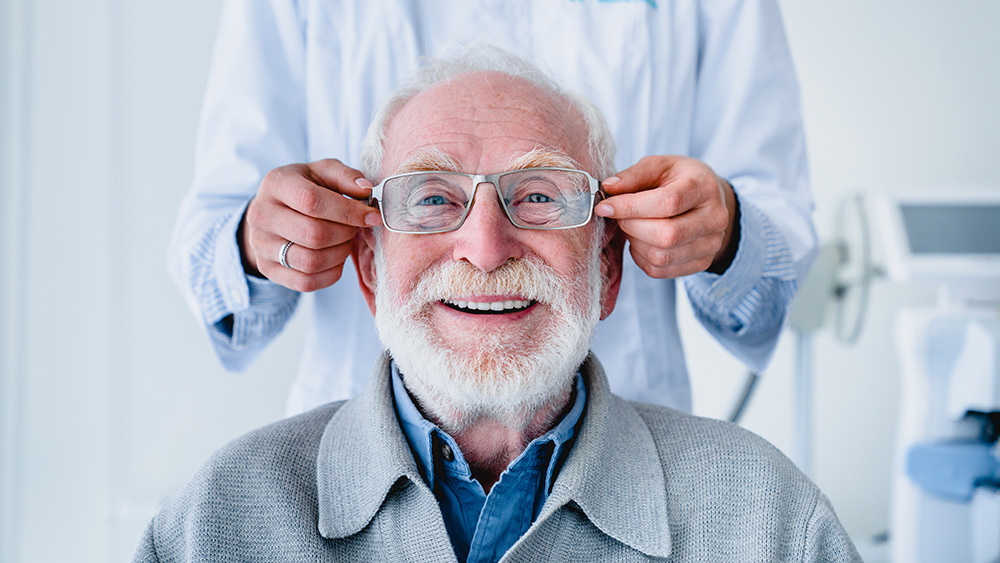The Culprits: Age-Related Eye Conditions
As the years go by, our eyes undergo changes that can lead to various vision problems. Two of the most prevalent age-related eye conditions are cataracts and age-related macular degeneration (AMD).
Cataracts
These cloudy areas that form within the lens of the eye are a common culprit behind blurred vision in seniors. Over time, cataracts can significantly impair vision and may require surgical intervention to remove them.
Age-Related Macular Degeneration (AMD):
This condition affects the macula, the central part of the retina responsible for sharp and detailed vision. As AMD progresses, seniors may experience a loss of central vision, making tasks like reading and recognizing faces challenging.
Tips for Managing Vision Changes:
While age-related eye conditions are a natural part of getting older, there are several strategies seniors can employ to manage their vision changes effectively:
Regular Eye Exams
Encourage seniors to schedule comprehensive eye exams at least once a year. Early detection of eye conditions can lead to more successful treatments.
Balanced Diet
A diet rich in nutrients like vitamin C, vitamin E, zinc, and omega-3 fatty acids can support eye health. Leafy greens, fish, nuts, and colorful fruits are excellent choices.
Protective Eyewear
Seniors should wear sunglasses that block out UV rays when outdoors, and safety goggles when engaging in activities that could potentially harm their eyes.
Adequate Lighting
Proper lighting is essential for seniors with vision changes. Ensure well-lit living spaces and use task lighting for specific activities.
Magnification Aids
Magnifiers, large-print books, and electronic devices with adjustable font sizes can make reading and other tasks easier for seniors with vision impairment.
Medication Management
Seniors should work closely with their healthcare providers to manage any underlying health conditions, as some medications can impact eye health.
The Role of In-Home Physician Services:
In-home physicians can play a vital role in supporting seniors with age-related eye conditions. These services bring healthcare professionals directly to the comfort of a senior's home, ensuring that regular check-ups and necessary treatments are easily accessible.
At Avalon Physician Services, we understand the unique needs of seniors and the importance of personalized care. We have a dedicated optometrist on staff, Dr. Andrew White, who specializes in in-home eye care, ensuring that your loved ones receive the attention they deserve without the inconvenience of traveling. In addition to medical care, Dr. White can provide valuable advice on managing vision changes within the familiar surroundings of a senior's residence.
Contact us today to learn more about how our services can make a difference in the lives of your senior family members. Let's work together to ensure their golden years are accompanied by the best possible vision and health.You call us at (248) 277-3110 or click the "Schedule Appointment" button below.





